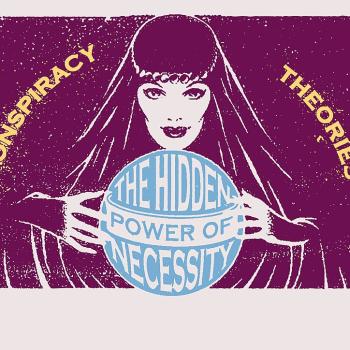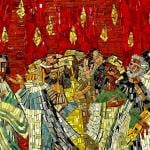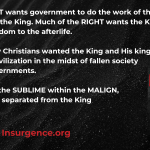
Karen Spence, the wife of the Vice President, had taught for 12 years at Immanuel Christian School in Springfield, Virginia, when her husband was in Congress. So it was natural for her to teaching an art class at the school twice a week. But when journalists and social media saw that the school, like most Christian schools, has policies supporting Biblical sexual morality, they were outraged that she would teach in such a bigoted and discriminatory school.
Then journalists and social media became even more outraged when some students from a Catholic school in Covington, Kentucky, at the March for Life were photographed seeming to harass a Native American protester. Never mind that the full footage showed that the children were the ones being harassed, along with the Native American, by members of the Black Hebrew cult. The cry went up that Catholic schools are bigoted and discriminatory!
In the midst of this furor, someone put up a Twitter site: #ExposeChristianSchools. At which New York Times reporter Dan Levin posted this:
Clearly he was fishing for horror stories, scandal, and crimes. He received thousands of responses. But thousands of them were positive accounts from people who told of finding love, acceptance, and spiritual help from their Christian schools.
Levin’s story came out on January 29 under the headline ‘Everyone Was Taught to Be Accepting.’ Readers Share Stories of Their Christian Educations. Read it. He does include complaints from ex-evangelicals about having to learn creationism and from gays who described how they were misunderstood. And yet, even some of those negative accounts included testimonies about how their schools helped them in their struggles:
“Despite my past and my fears [over homosexuality], [my prayer leader] cared for me, encouraged me, and loved me. He taught me that not all men were out to get me and that the message of the Gospel was about love, not hate.”
“My freshman year at a Catholic college, I became suicidally depressed and I can say with complete confidence that if I didn’t go to that school, I would be dead.”
“Back at school, my facade said, ‘cured’ but there were teachers who saw my depths and loved me for it. They’re how I survived.”
Then there were the defenders of Christian education:
“Teaching from a Gospel perspective is not so much about shielding kids from reality, but rather about teaching kids to see God at work in their day-to-day lives and in their studies. In many of my classes, we had many different points of views presented to us — each with good arguments, and we were left to come to our own conclusions. Christians are called bigots, racist, idiots, backward, and the one I hear the most, ‘on the wrong side of history.’ We feel attacked and misunderstood. Yes, we have beliefs that in this day and age are countercultural, and we will stick to them, make no mistake about that. However, we are also called to love others, showing them the kindness of Christ.”
“At my school, the students were always encouraged to pursue a relationship with Christ and further our faith but it was never a prerequisite for attending the school. They taught that no one is ever too far gone. That everyone has our mistakes and we need to be accepting of all. Racism and homophobia were not present in my school and if there were incidents, they were dealt with by the administration. Everyone was taught to be accepting and to be a friend to the friendless.”
“I am an alumnus of the Diocese of Covington school system in Kentucky [the one under fire for the March for Life incident]. One time at Bishop Brossart High School, I said some things that were derogatory toward the L.G.B.T.Q. community. I really didn’t mean what I said, yet I was wrong and paid the price. I ended up getting detention and was scolded for the way I acted. I learned a valuable lesson for the first time that your words hold meaning no matter if you meant them or not. Bishop Brossart taught me how to respect others and how to be open to seeing different viewpoints. While we are not all perfect human beings, with the right guidance and discipline, we can be transformed into good people.”
Levin did structure the story so as to favor the negative, with three sections set off with these headings: (1) “We heard from those who struggled with bullying and Depression,” though each of those accounts included their thanks for their school’s help. (2) “Readers told us about lasting pain and confusion.” (3) “And many shared stories of love and acceptance of others.”
And yet, the story clearly turned out differently than the reporter intended. And as we Christian pundits expected.
Illustration via pxhere, CC0, Public Domain














